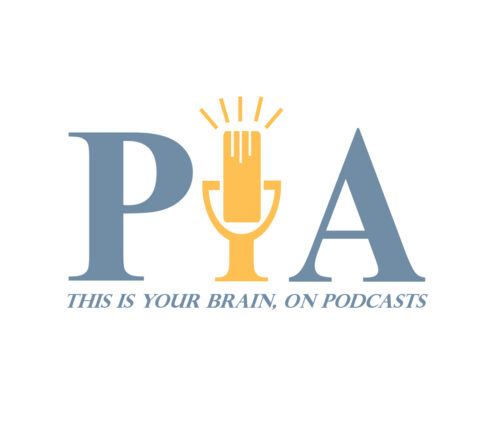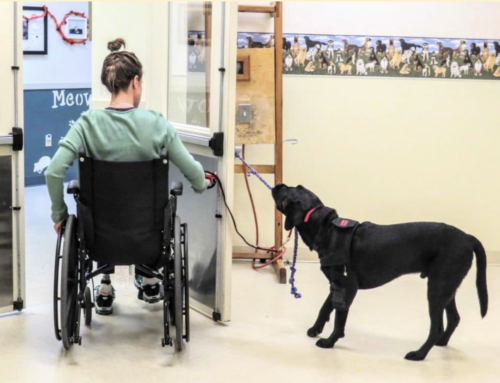
This article discusses and debunks myths and stereotypes about aging. Whether you’re young or old, learn how age-related stereotypes can benefit both yourself and those in your community.

In this article, the author discusses the role of music therapy in enhancing social and communication skills among individuals with Autism Spectrum Disorder (ASD). Music therapy provides a comfortable medium for self-expression and emotional regulation, particularly important during adolescence. The author highlights the universal appeal of music and its ability to help individuals with ASD express themselves in socially acceptable ways. The paper also discusses how group music therapy sessions can foster essential social skills like cooperation and teamwork, emphasizing music’s role in breaking down communication barriers and promoting inclusive social participation.

Here, we discuss how mental imagery might affect intelligence.

Mind wandering is linked to psychopathological conditions, such as anxiety and depression, as it can contribute to rumination and negative thoughts. Mindfulness practices, on the other hand, aim to reduce mind wandering and have shown promise in improving mental well-being by promoting present-moment awareness and emotional regulation.
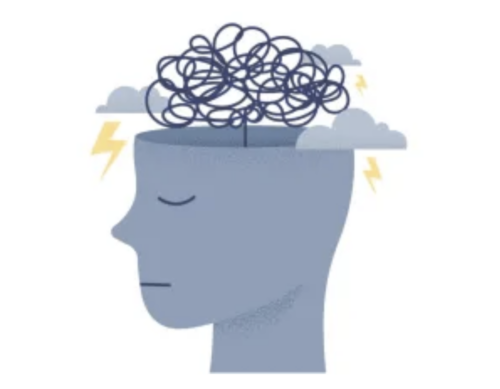
This article delves into the profound impact of traumatic childhood experiences on an individual’s cognition and memory. It discusses how childhood trauma can lead to memory retrieval problems, such as dissociative amnesia, and impairments in working memory, emphasizing the need for effective interventions and therapeutic approaches to assist survivors in improving their mental well-being.

The article discusses how lying can lead to the subconscious reconstruction of memories, causing individuals to believe their own falsehoods and blur the line between truth and deception. It explores factors like fabrication inflation, the anchoring effect, and motivated forgetting, highlighting the malleability of memory and the potential consequences of false memories resulting from deceptive acts.

Every day, we encounter numerous faces of diverse genders, ages, and races, and our ability to identify them accurately is crucial. Recognizing the limitations of both human and Artificial Intelligence facial recognition systems, this article aims to explore the causes and implications of facial recognition failures.

4.4% of Adults in the United States are clinically diagnosed with ADHD, and 32.7% of ADHD adults rely on stimulants for treatment. However, in 2022 the FDA announced that there was a drug shortage, which also impact Adderall production. Adderall is the most common medication prescribed to ADHD patients and a lack of this medicine leads to both physical and mental withdrawal effects.

How do we “rest on purpose”? Let’s start with redefining the relationship between rest and work.

The weapon focus effect can help us understand how people remember highly emotional events. Could this change how we think about eyewitness testimony?

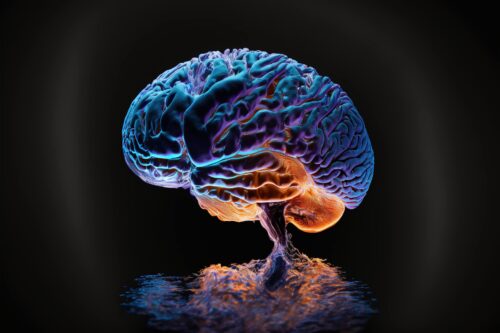
Have you ever wanted to train your brain? Neurofeedback has been claimed to aid in the treatment of several disorders and cognitive patterns such ADHD, depression, epilepsy, and others–particularly conditions resistant to treatment.
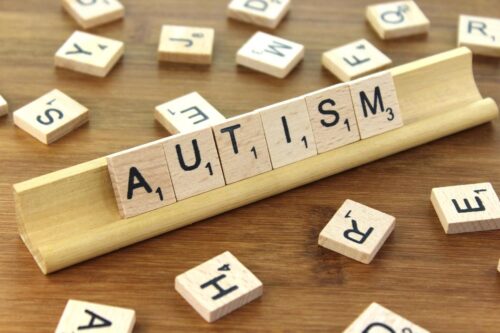
One characteristic of autism that has been scarcely researched is manifestation differences between biological sexes, with damaging consequences. Moreover, male social rejection is much easier to detect than the more passive female exclusion in the autism population.

Have you ever questioned why some information is recalled better than others? Research has shown that people have a tendency to predict a higher memory and better recall emotional information. Read about the potential mechanisms that could explain the influence of emotion on our beliefs and memory.

What role does failure play in learning? While students tend to be aversive to failure, it plays a natural and important role in the learning process.
